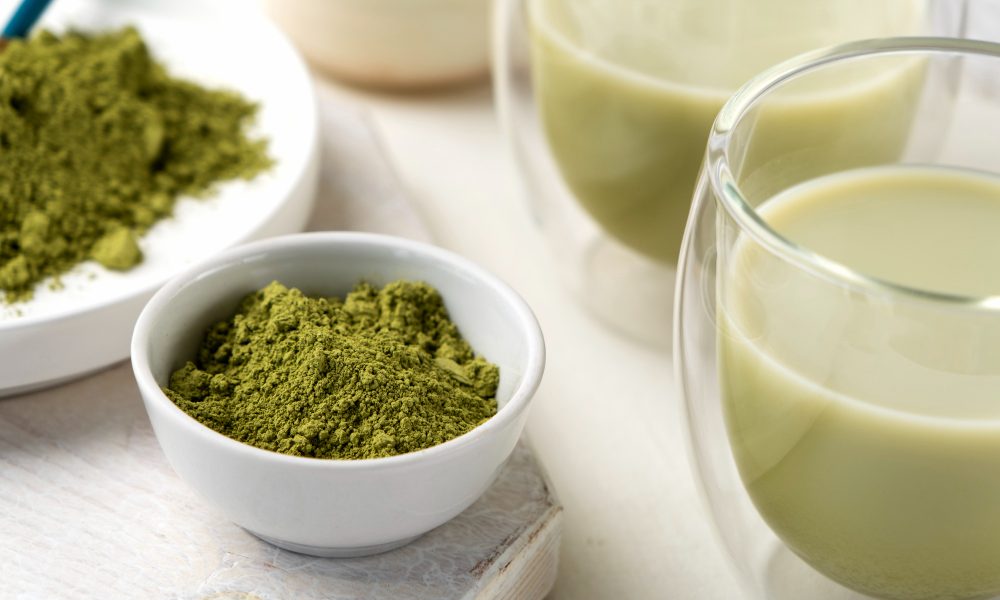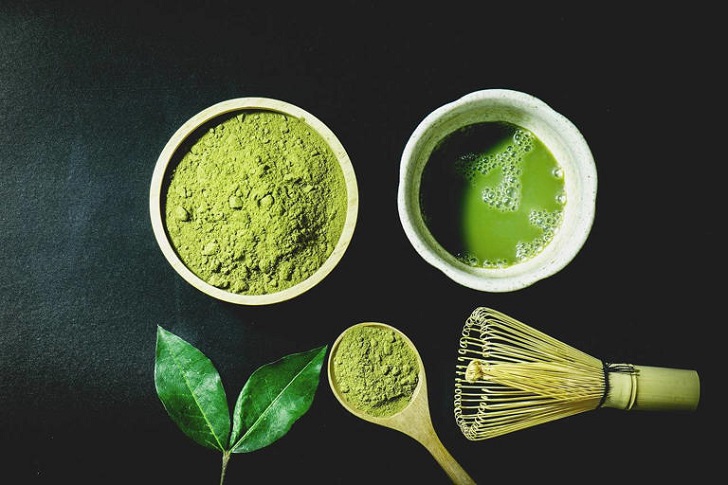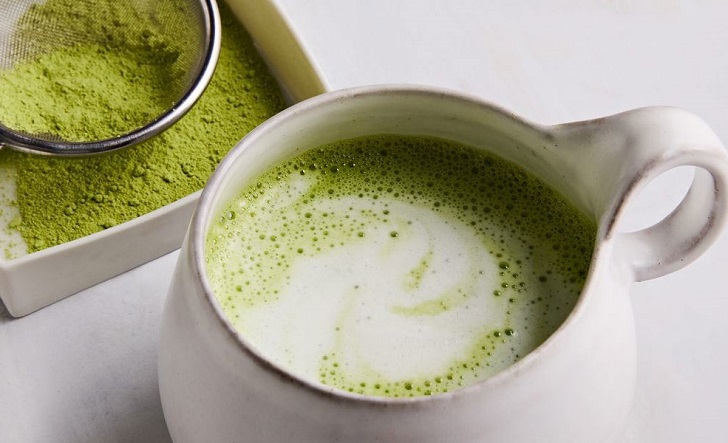
Matcha Health Benefits for Energy, Focus, and Overall Health

Matcha, a vibrant green powder derived from the Camellia sinensis tea plant, has gained global popularity for its unique flavor and health-promoting properties. Rich in antioxidants, amino acids, and other nutrients, matcha health benefits are praised for enhancing energy, sharpening focus, and improving overall well-being. Understanding what separates matcha makes it easy to see why it’s a favored choice among health-conscious individuals.
What Makes Matcha Unique?
Matcha is distinct from traditional green tea in how it’s grown and processed. The plants are shaded for weeks before harvest, increasing their chlorophyll and phytochemical content. The leaves are then ground into a fine powder, allowing consumers to ingest the entire leaf. This process amplifies its nutritional density, making it more potent than other green teas.
Unlike steeped teas, matcha powder is whisked directly into water, creating a smooth and creamy beverage. Its concentrated form provides higher levels of antioxidants and nutrients with every sip, setting it apart from standard tea preparations.
Energy Boost Without the Jitters
Matcha’s caffeine content, ranging from 38 to 89 milligrams per serving, delivers a moderate energy boost. While less potent than coffee, matcha’s unique composition ensures a steadier release of energy. This effect is primarily due to L-theanine, an amino acid that promotes relaxation without drowsiness. Caffeine and L-theanine enhance focus and alertness, offering sustained energy without the sharp crashes associated with other stimulants.
This makes matcha an excellent choice for maintaining productivity during the day. Its balanced energy release supports mental clarity while reducing the nervousness or irritability sometimes linked to caffeine consumption.
Matcha Health Benefits for Cognitive Focus
The amino acid L-theanine is a standout component of matcha and plays a critical role in cognitive function. Research suggests that L-theanine supports improved concentration, reduced mental fatigue, and enhanced memory retention. Combined with caffeine, it creates an ideal synergy for mental alertness and focus.
Matcha also contains various antioxidants, including catechins and quercetin, which may reduce oxidative stress in the brain. This could protect against cognitive decline, although more human studies are necessary to confirm these benefits fully.
Cardiovascular Support Through Powerful Antioxidants
Matcha is packed with antioxidants, particularly catechins like epigallocatechin gallate (EGCG), which support heart health. These compounds help reduce LDL cholesterol and blood pressure, two significant risk factors for cardiovascular disease. Additionally, bioflavonoids like rutin found in matcha contribute to improved blood vessel function and circulation.
Consuming matcha regularly as part of a balanced diet may help lower the risk of heart disease. Its high antioxidant content combats inflammation, promoting overall cardiovascular wellness.
Matcha for Metabolic Health
Matcha’s polyphenols have been linked to improved insulin sensitivity, potentially aiding blood sugar regulation. When consumed as part of a healthy lifestyle, this could reduce the risk of type 2 diabetes. Matcha’s antioxidants may also assist in managing inflammation, a factor in metabolic disorders.
While promising, these benefits should complement existing health strategies like regular exercise and a balanced diet. Matcha is a supportive addition rather than a standalone solution for metabolic health.
Easy Ways to Incorporate Matcha Into Your Diet
Matcha’s versatility makes it a convenient addition to various foods and beverages. It can be whisked into hot water for traditional tea, blended into smoothies, or stirred into warm milk for a creamy latte. Matcha also enhances the flavor and nutritional content of oatmeal, yogurt, and baked goods like cookies or muffins.
For those looking to experiment, adding matcha to salad dressings or sprinkling it over popcorn provides unexpected yet delightful uses. These methods allow for the creative integration of matcha into everyday meals while reaping its health benefits.
Key Considerations for Maximizing Benefits
To preserve its antioxidant properties, avoid preparing matcha with overly hot water. Temperatures around 160–175°F are ideal. This helps retain its vibrant flavor and nutrient profile. While matcha offers numerous advantages, consuming it in moderation ensures optimal benefits without overloading it with caffeine. Matcha is a versatile ingredient for enhancing energy, focus, and overall health when enjoyed thoughtfully.
More in Medicare
-
`
Top 5 Best Places for Skiing Around the World
When it comes to adventure and winter sports, finding the best places for skiing can take your vacation to the next...
October 10, 2024 -
`
A-List Celebrities at Milan Fashion Week Spring 2025
The excitement of Milan Fashion Week Spring 2025 is palpable as the fashion elite gather to celebrate creativity and style in...
October 1, 2024 -
`
Polish Government to Rise Minimum Wage By 8% in 2025
The Polish government’s minimum wage is set to increase by 8% in 2025. While workers and unions welcome the move, many...
September 25, 2024 -
`
Kidney Infection: Causes, Symptoms, Prevention & Treatment
Kidney infections – AKA pyelonephritis – are serious health conditions that can lead to severe discomfort. But does kidney infection cause...
September 19, 2024 -
`
What to Do in Ubud, Bali – Top Attractions & Activities
Ubud, the cultural heart of Bali, offers an array of activities that capture the essence of this enchanting island. From exploring...
September 11, 2024 -
`
Important Aspects of Your Health You Should Pay Attention To
When thinking about your health, it’s crucial to consider the key factors that create a solid foundation for your well-being. These...
September 6, 2024 -
`
6 Creative Birthday Party Ideas For Adults
Gone are the days when birthdays were just about cakes and candles. Now, it is all about creating memorable experiences that...
August 28, 2024 -
`
Are Chanel and Johnny leaving Days of Our Lives? Here Are the Facts
Fans of Days of Our Lives have been on the edge of their seats, wondering if Chanel and Johnny are leaving...
August 20, 2024 -
`
How Much Does Massage Business Make? A Profitability Breakdown
Curious about how much does massage business make? The massage spa industry in the United States is a significant sector, with...
August 14, 2024

















You must be logged in to post a comment Login